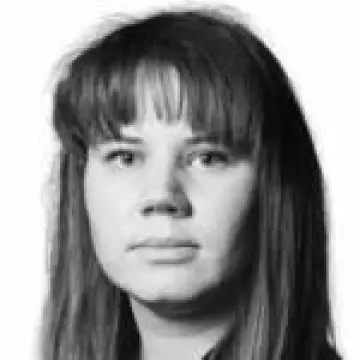Taking a step into action:
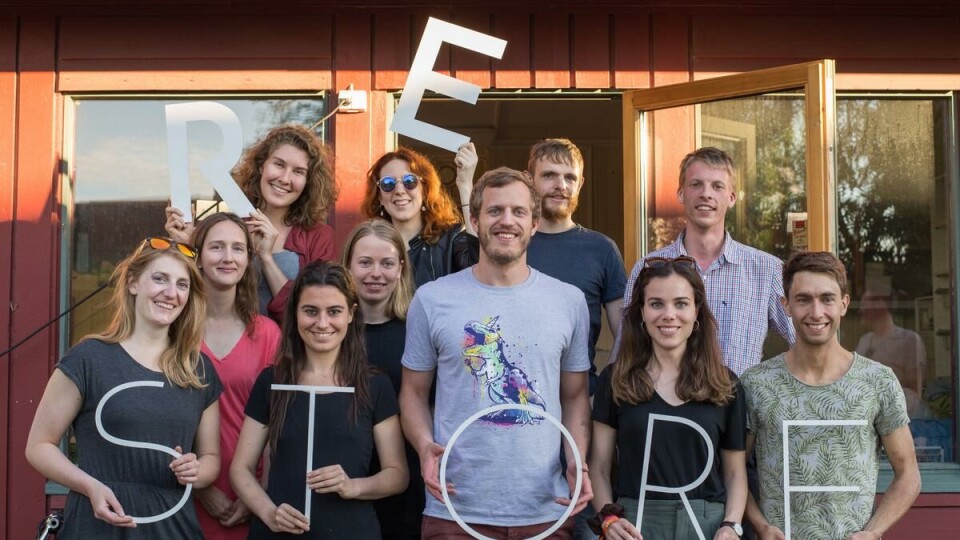
Free your stuff and ReStore it!
Each semester students come and go. And when they leave, they tend to throw away a lot of stuff. Three students saw this problem and found a simple solution – storing the things and redistributing it later.
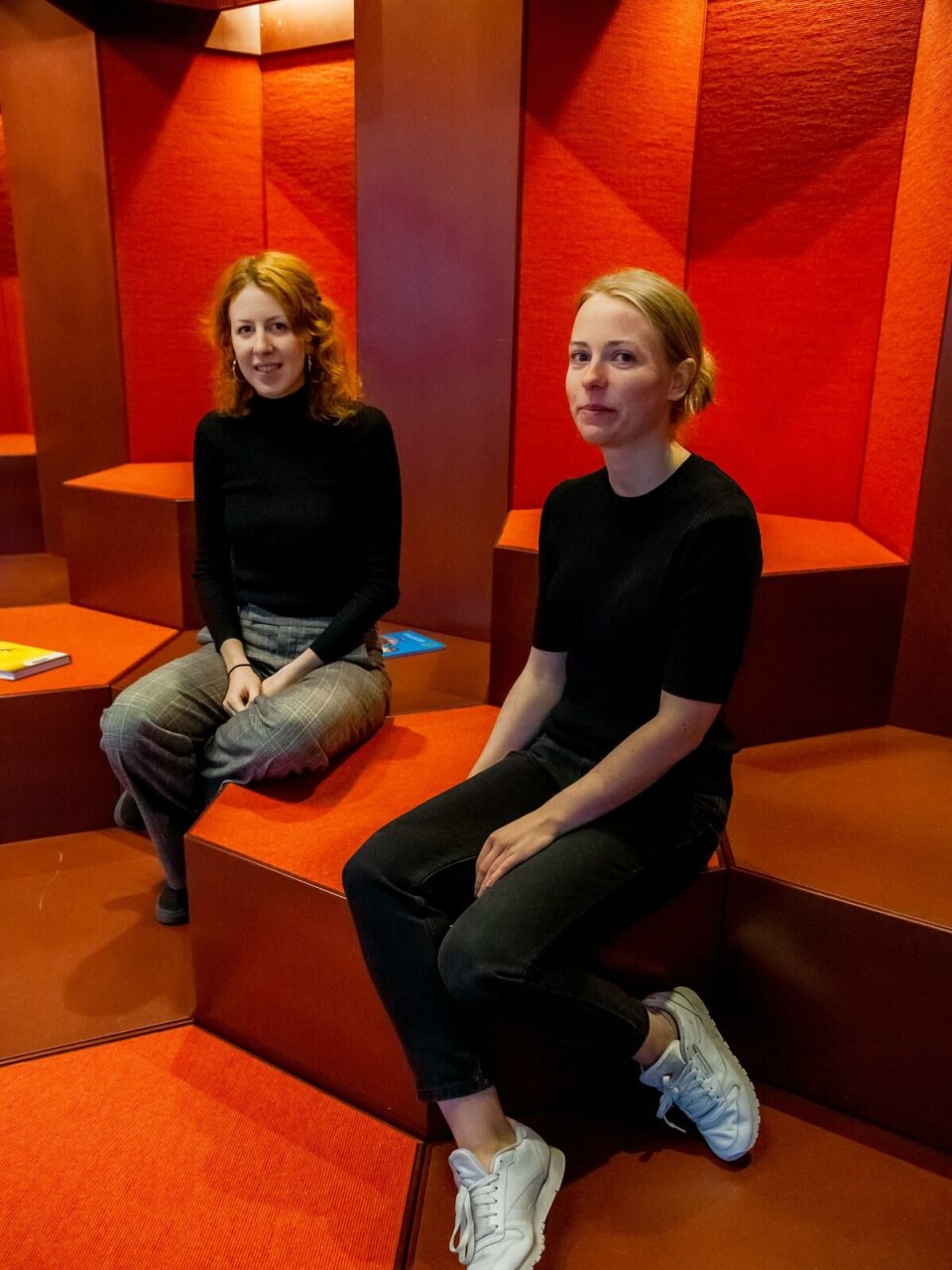

Students throw away a lot of stuff which could be reused, for example furniture, clothing, kitchen utensils and last but not least books. Three Students at the Norwegian University of Science and Technology (NTNU) in Trondheim saw this problem and found a simple solution – storing the things and redistributing them later. Following their projects' great success, they are now discussing the same idea in Oslo in cooperation with SiO.
Bridging the gap
Everyone wants to meet the right one at the right moment. You may have thought about something romantic like 'If I am a sweater, I want you to be my hanger'. Unfortunately, not every new student can meet their ‘right hangers’ until they spend a couple of bucks in a certain famous Scandinavian furniture and homeware chain. Nevertheless, many students throw away their hangers when moving out, only a month before new students arrive and the whole cycle of buying, using and throwing starts again.
Every year numerous students move to Trondheim, one of Norway's student cities. Norwegian University of Science and Technology (NTNU) accommodates more than 40,000 students. When students complete their study, they need to move out and clear their rooms. In a rush of moving, they often leave their furniture in the big containers behind the student villages.
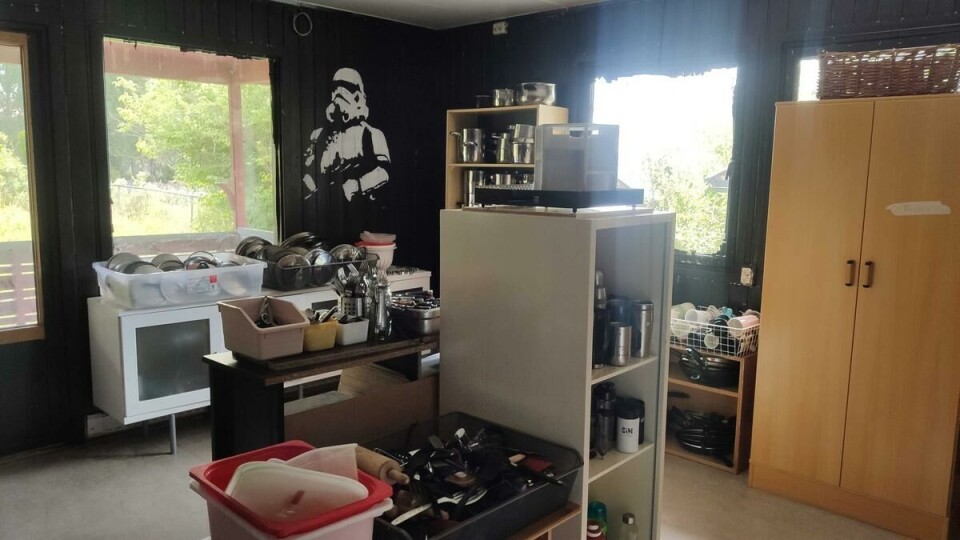
Then there is a gap of one month between students moving out and moving in. The mismatch of demand and supply makes re-selling not necessarily workable. In 2019, three architecture students at NTNU, Jill Saunders, Irhana Sehovic and Stefanie Stanke saw the problem and wanted a tangible solution.
— Some may try to sell them on finn.no, but not everybody wants the exact thing at the exact time, said Stanke.
— This is a huge amount of waste which could be reused in a different way. We try to bridge this gap. The 'bridge' literally is a storage place, explained Sehovic.
Later they named it a 'ReStore'. 'Store' actually stands for storage.
Act upon talking
The idea of ReStore was Born in February 2019, while the founders were writing their master thesis.
— As our master thesis was on a more theoretical level, we wanted to expand that and find a way to make sustainability more tangible and possible to directly act on, we all three are sustainability-enthusiasts, said Sehovic.
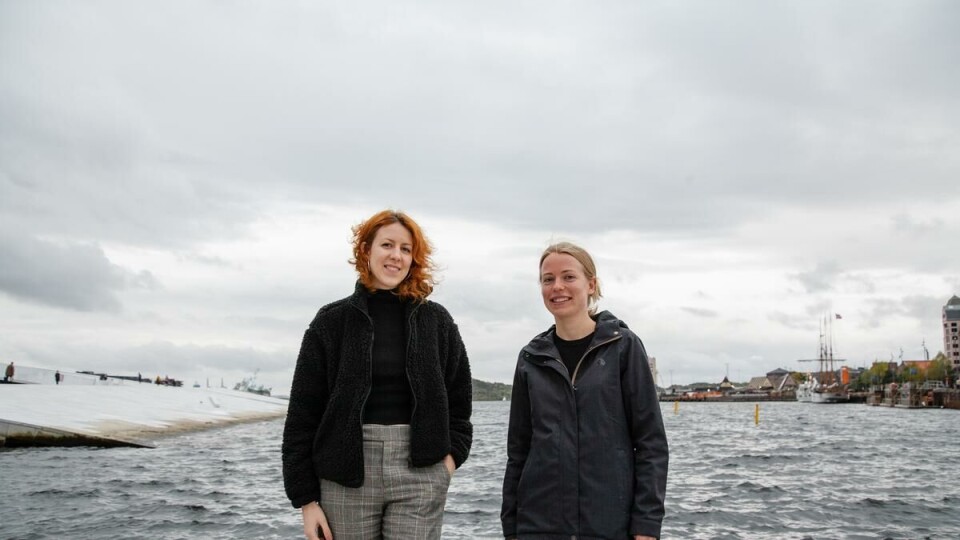
The idea started with three founders. However, 30 people showed interest in the idea in just five days. Since then, more than 150 students have joined the voluntary work in ReStore.
— We feel that many people wanted this to be solved, said Sehovic.
A plan, even a great one, doesn’t implement itself. Many might have had similar ideas before, but ReStore’s founders were the first to implement it in Trondheim. The premise of ReStore is storage space. It is also the first task they needed to tackle.
At first, they anticipated to acquire a big container, then place it in the student village. They wrote a ten-page long proposal to their initiative to the Student welfare organisation in Trondheim (SiT).
Unexpectedly, SiT provided an even better solution, landing them an unused kindergarten building. ReStore collected the first branch of items in May 2019, three months after they had the idea.
Don’t forget the social aspect of sustainability
People would give away their musical instrument, earbuds, headphones, cameras, skis. Upon the question if there is any weird stuff they received, they named half-used shampoo bottles and both laughed. They guessed that the students might be in a rush to get rid of their belongings which do not fit into their suitcases.
Reducing waste helps protect the environment, while students also get benefits. The good old stuff is just like a welcome pack.
— People who get it are super happy because it is free, the new students get some things for their home free when they move to a new city, Stanke said.
There are many ways to be sustainable - for the social part, it is to change people’s mindset
Stefanie Stanke, student
Sustainability is a buzzword since decades now. It contains three pillars: environmental, social and economical.
— In our degree, it is all about environmental. But there are many ways to be sustainable. For the social part, it is to change people’s mindset. Try to inspire people by saying 'hey, it’s not trash', said Stanke.
ReStore also aims to move people from consumption habits towards more reuse and reducing waste.
Next Station: Oslo
The ReStore project is more successful than the group had ever imagined at the start. About 700 students visited ReStore on the first day when they opened in August 2019. Last December, ReStore started working with ReSykkel, a used bike selling service. Together, they stored the bicycles from departing students and sold them on behalf of the students in the next semester.
ReStore won third place in ClimateLaunchpad, an EU-funding green business ideas competition. Last autumn, they also took part in the Climate-KIC’s entrepreneurship program, an EU supported pre-incubator program.
The movement of ReStore got more student welfare organisations’ attention from SiO in Oslo. SiO contacted ReStore last year in November. Accidentally both Sehovic and Stanke have moved to Oslo. The two students are delighted to hopefully extend the ReStore initiative to Oslo in cooperation with SiO. The project in Oslo will be named ReStore OSL. Because of the Corona Pandemic, ReStore OSL was delayed to kick off.
We started it just because we believed it’s important to rethink our defaults, and waste was one
Irhana Sehovic, student
SiO is planning to provide room for ReStore OSL. The first location is supposed to be in the Kringsjå Student village. ReStore OSL is planning to open for item donation in November. SiO and ReStore OSL have held an introduction forum in Kringsjå. Inspired by the former experience in Trondheim, the students in Oslo also looked forward to more possibilities there. For instance, ReStore in Trondheim has organised up-cycling workshops and ‘upgraded’ the storage into a social hub.
They didn’t imagine that they would reach so far with this project.
— We’re just three students with an idea to save the world. We started it just because we believed it’s important to rethink our defaults, and waste was one, said Sehovic.
— I feel like, you see problems around you, right? But then which one are you going to take charge of, to solve yourself? We can’t solve all the problems. I don’t think it is possible actually, Stanke reflected.
— Just taking the first step. Take a step into action, Sehovic added.
